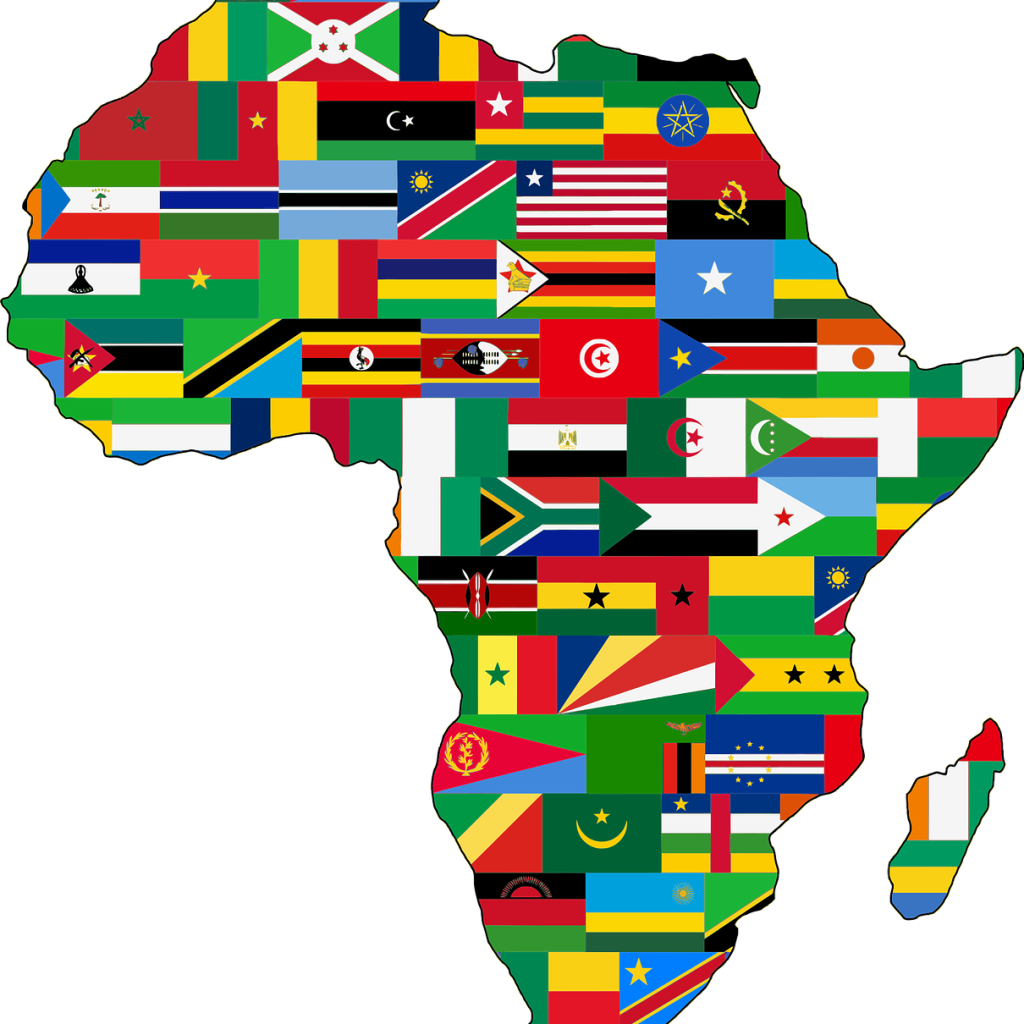In a wave of discontent reminiscent of recent youth protests in Kenya, thousands of young Nigerians took to the streets last Thursday to voice their frustrations over corruption, food shortages, and rising inflation. The demonstrations, which gained momentum on social media under the hashtag #EndBadGovernance, were initially planned to span ten days. However, the situation quickly intensified, especially in northern Nigeria, where security forces responded with heavy-handed tactics, including the use of tear gas and firearms.
The protests, inspired by Kenya’s Gen Z-led demonstrations that have pushed for significant state reforms, escalated rapidly in Nigeria. According to Amnesty International, at least 13 people were killed in the clashes with security forces. Nigerian police reported the arrest of more than 300 protesters, who were accused of looting government and public property. By Sunday, President Bola Tinubu had called for an end to the protests, leading to a noticeable decline in both the intensity and turnout of the demonstrations by Monday.
“Nigerian citizens are fed up with politicians buying brand new private jets and luxury residences for themselves, while a large part of the population struggles to meet basic needs,” Ayisha Osori, director of Open Society Foundations, told Al Jazeera over the weekend.
In a new op-ed in RealClearPolitics, Atlas Network’s Senior Fellow ibrahim Bàbátúndé Anọ́ba sheds light on how the youth-led protests in Kenya and Nigeria are signs of deeper problems affecting Africa. Governments across the continent are weighing down their citizens with rising… pic.twitter.com/6ih374L6qG
— Atlas Network (@AtlasNetwork) August 22, 2024
Struggles Amid Economic Hardship
President Tinubu, who has been in office since May last year, leads Africa’s most populous nation. Despite Nigeria’s status as one of the continent’s largest oil producers, its economy is facing severe challenges. State institutions are plagued by inefficiency, and ongoing insecurity, particularly in the north due to criminal gangs like Boko Haram, has fueled years of unrest and dissatisfaction.
In a bid to attract foreign investment and stimulate economic growth, Tinubu eliminated fuel subsidies. However, this move has yet to yield positive results, as the country is now grappling with its highest inflation rate in three decades. The World Bank reports that nearly 40 percent of Nigeria’s population, which exceeds 200 million people, lives in poverty, with many families struggling to afford basic necessities.
Growing Discontent Across Africa
The unrest is not confined to Nigeria. Similar protests have occurred in Uganda, and there are discussions in other African countries about potential demonstrations. This widespread discontent is highlighted in a recent report by Afrobarometer, an independent research organization, which reveals increasing dissatisfaction among African citizens with democratic institutions and leadership. The survey found that less than half (45 percent) of respondents believe their country is largely or fully democratic, and only 37 percent are satisfied with the functioning of democracy.
“The recent protests underline the urgent need for a reappraisal of Africa’s democratic trajectory,” wrote Ghanaian journalist Kent Mensah in The African Report, echoing the sentiments of many across the continent who are calling for significant political and economic reforms.
At least two protestors have been shot dead and several others critically injured by police outside Parliament as the #RejectFinanceBill2024 protests escalate in Nairobi, Kenya's capital. pic.twitter.com/X16ilkC3Gf
— Africa Uncensored (@AfUncensored) June 25, 2024

